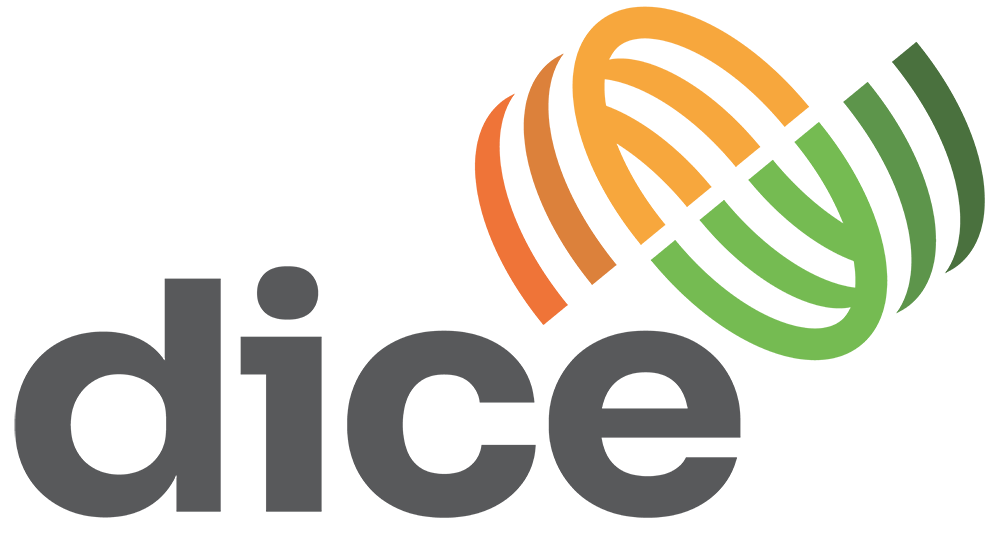Bloom’s Taxonomy
Bloom's Taxonomy is a hierarchical framework that classifies different levels of thinking skills. It includes six levels: remembering, understanding, applying, analyzing, evaluating, and creating. Applying Bloom's Taxonomy can help individuals develop critical thinking skills across various domains.
